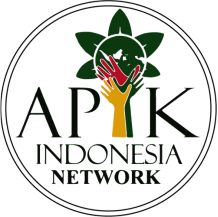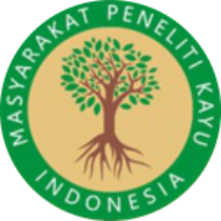Benefit Sharing Allocation on Community Collaborative Forest Management (PHBM) In Java, Indonesia
DOI:
https://doi.org/10.22437/jsilvtrop.v4i1.8384Abstract
Most of the state forest in Java has been managed by state forest company (Perhutani) since 1964. In 2001, Perhutani initiated Community Collaborative Forest Management (PHBM). PHBM is a management system of forest resources carried out jointly by Perum Perhutani and villagers, or Perhutani and rural community in cooperation with interested parties (stakeholders) with the spirit of sharing. The objectives of this study are to clarify the allocation method of benefit sharing and discuss the impact of benefit-sharing allocation to forest farmers. Case studies were carried out in Surajaya Village (existence good teak stand) in the Forest Management Unit (KPH) Pemalang, Central Java. The research was carried out usinga literature review, in-depth interviewswithkey informants, Focus Group Discussion (FGD) and household survey. Benefit-sharing allocation is done in two levels; 1) Perhutani and LMDH (Forest Village Community Institution) consisted of local villagers, and 2) benefit-sharing allocation in internal LMDH. Besides, the allocation method within LMDH is distinguished between 1) presence and 2) absence of forest farmer at the compartment.
Keywords: Benefit sharing, PHBM, Perhutani, LMDH, Java.















